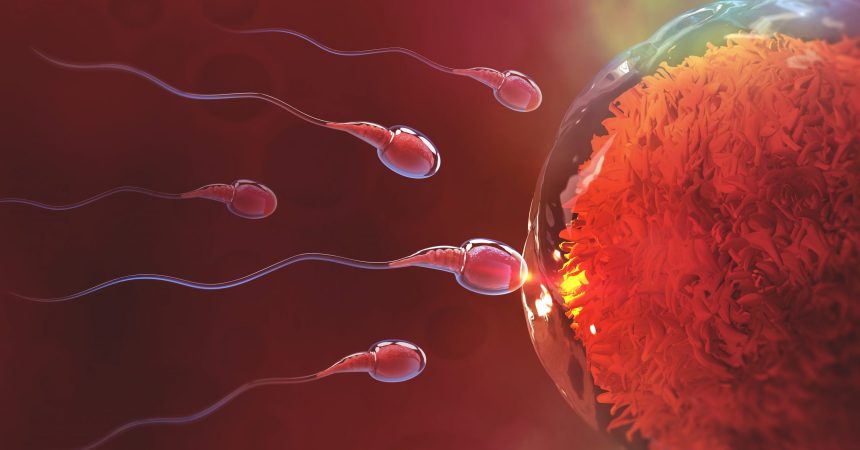Cracking open a fresh cold beer after a stressful day at work can be a tempting idea. However, new research stated by BMJ has suggested that even moderate drinking alcohol of an average of 5 units is linked to lower sperm quality in men. We are all aware that women should avoid consuming alcoholic substances when pregnant. Still, not everyone is aware of the challenges drinking alcohol can cause for males and their fertility rates.
How does alcohol affect sperms
Males who consume heavy alcoholic beverages can heavily affect how fertile a man is. Alcohol will directly impact all three areas of the male reproductive system along with the hormones they make. Alcoholic beverages will begin affecting the sperm’s production and health by interfering with the functioning of the reproductive system.
The male reproductive system is made up of three parts:
- The hypothalamus, which is in the brain
- The testes
- The anterior pituitary gland is also connected to the brain
Medically, these areas of the body are referred to as the hypothalamus-pituitary-gonadal axis or, in the short term, the HPG axis.
How is sperm quality affected by alcoholic beverages?
Alcohol can affect the quality of a male’s sperm in various ways. This can be seen to include but is not limited to:
Sperm mobility: Several studies have shown that men who commonly drink alcoholic beverages have visually more abnormal sperms, which can include:
- Low sperm count
- Abnormal shapes
- Abnormal movements
Directly harm the Sertoli cells within the testes: Research had found that male adults could have abnormal sperm before they were born. If their mother is drunk while pregnant, this could result in a baby boy being born with deformed sperm and semen.
If that same adult grows up regularly drinking, the likelihood of developing an even lower sperm quality with significant abnormalities is high.
Lack of sperm found in semen: A study has shown that men who have struggled with alcohol use have a much higher rate of lack of sperm, with a significant likelihood of the sperms that were available having significant abnormalities and would most likely be strong enough to impregnate a woman.
Women are typically highlighted for having fertility issues; however, the more a man drinks, the more likely he is to have abnormal sperm. Reducing or stopping heavy drinking altogether is the best chance for a male to improve his fertility rate.
How to boost sperm count and quality
There are various ways individuals can increase the chances of having a good sperm count. Regular exercises are vital for keeping sperm healthy, quality semen count, shape, and mobility.
Cutting down or stopping drinking alcoholic beverages will work wonders for not just your sperm quality but your overall physical can mental health.
Following a relatively healthy lifestyle can increase your sperm count. Eating foods that are rich in:
- Fish
- Fruit
- Vegetables
- Low-fat dairy products
Begin reducing your alcoholic intake today.
Healthy sperm is vital for a man who wishes to have a family later on in life. Cutting down or completely stopping consuming alcohol is a great way to start getting your fertility to a healthy stage. If you have found yourself struggling with your alcohol consumption, we would recommend popping by Shoreline Recovery Centre for a full assessment and treatment plan if necessary.







